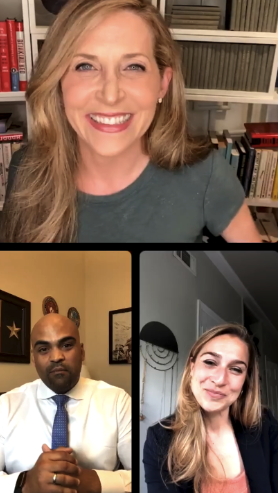The Rising Trend Towards Paid Leave Policies: Why It's Gaining Momentum
This article highlights the increasing need for comprehensive paid leave policies in the United States. Geiss, a Democrat, has pushed for a bill that acts as a state-level replacement for the now 30-year-old federal Family Medical Leave Act (FMLA). The FMLA does not guarantee workers any paid day off by federal law, impacting parental leave and caregiving responsibilities. The 19th spoke to policy experts, who explored options for more robust paid leave policies, discussing that such policies could cover medical conditions, parental leave, caregiving leave, military leave, and situations of domestic or sexual violence.
However, the country currently has no federal law providing paid leave, with only 27% of workers in the private sector and 28% of state and local government workers having access to paid family leave benefits. States are seen as crucial in paving the way for federal policy changes, with 13 states and the District of Columbia having passed some form of guaranteed paid family and medical leave legislation.
Benefits in these states are set to start as late as 2026 and are mostly funded by employee-paid payroll taxes. Other states have voluntary programs that allow workers and employers to purchase private leave insurance. The demand and support for paid leave are robust and consistent, with many believing it can reduce rates of discrimination in the workforce and positively impact the economy. Pushbacks against paid leave policies exist primarily due to concerns about government intervention and undue business regulation.
Efforts focus on shifting societal views about women’s roles, especially as women often provide caregiving and participate in the economy. Policymakers strive to help them do so without losing income, but progress is slow compared to other high-income countries. The push for comprehensive paid leave policy continues to be a significant topic within U.S. employment discussions.
